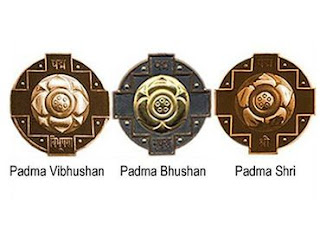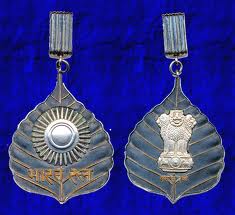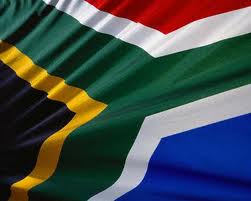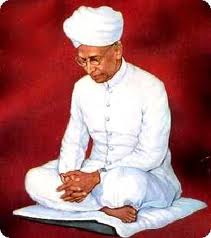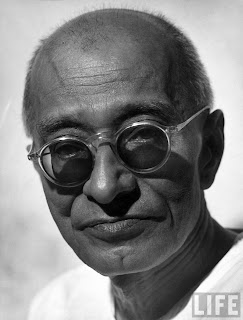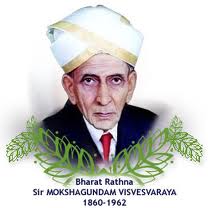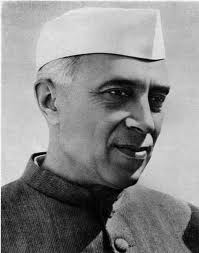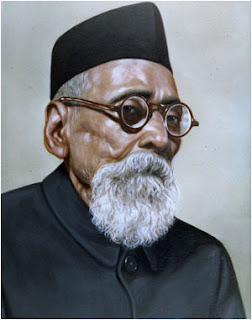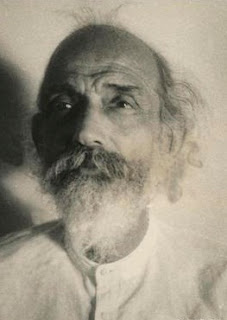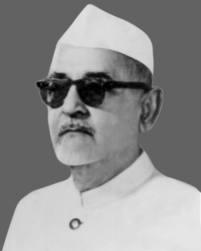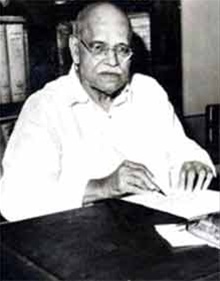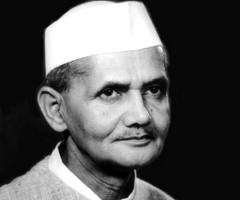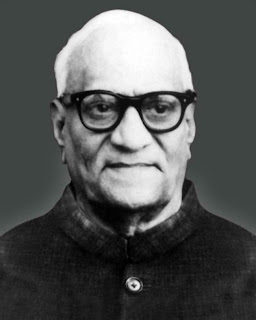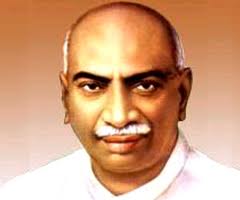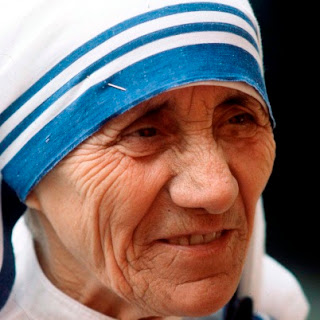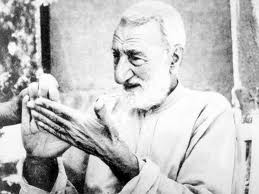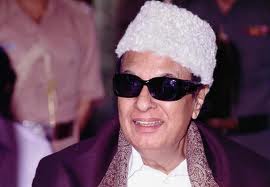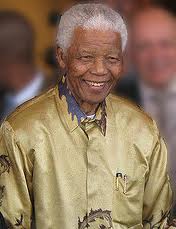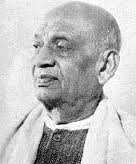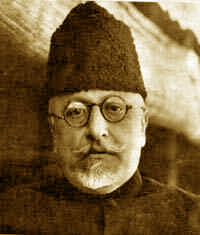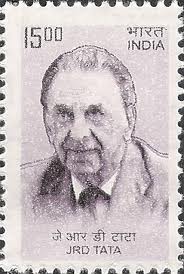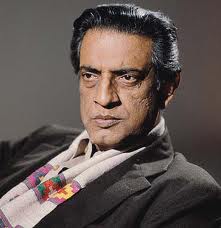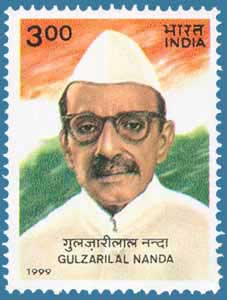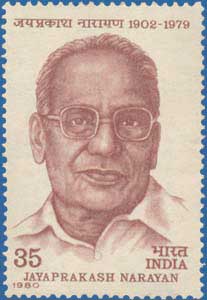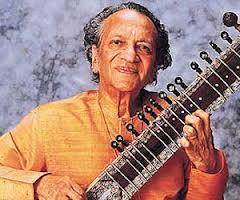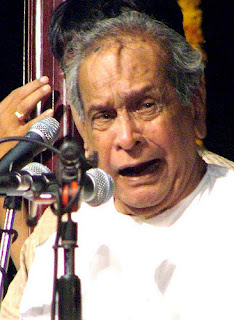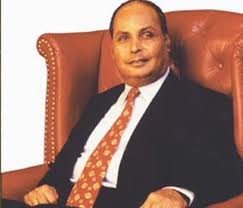Employer:
DENA BANK-Indian Nationalized Commercial Bank
![]()
Jobs / Vacant:
The following 15 various –IBPS Based Posts in Dena Bank have a total number of 482 vacancies as detailed below:
1. Agriculture Officer-JMG Scale – I: 201 Posts
2. Personnel Officer-JMG Scale – I: 14 Posts
3. Officer (IT)-JMG Scale – I: 70 Posts
4. Officer (Legal)-JMG Scale – I: 06 Posts
5. Rajbhasha Adhikari-JMG Scale – I: 11 Posts
6. Civil Engineer – JMG Scale – I: 03 Posts
7. Electrical Engineer- JMG Scale – I: 02 Posts
Directly from Open Competition:
8. Officer ( IT – CISA) – JMG Scale – I: 08 Posts
9. Officer ( Credit/FA) – JMG Scale – I: 100 Posts
10. Officer ( Forex) – JMG Scale – I: 36 Posts
11. Officer ( MIS/Economics) – JMG Scale – I: 04 Posts
12. Architect – JMG Scale – I: 01 Post
13. Fire Officer – JMG Scale – I: 02 Posts
14. CA/ICWA – MMG Scale – II: 10 Posts
15. Security Officer – MMG Scale – II: 14 Posts
Age Limit:
(Age As on 01-01-2013)
For Posts No’s 14 and 15 :
Minimum: 20 years / Maximum: 40 years
and
For Posts No’s From 1 To 13:
Minimum: 20 years / Maximum: 35 years
(Age relaxation is applicable as per rules.)
Educational Qualifications:
The Candidates should have B.Tech /BE/B.Sc/M.Com/MBA/M.Sc/PGDM etc, with relevant Specialization from any National Institution/ University as per the post.
(For post wise details of the Required Educational Qualifications Refer to the Notification.)
IBPS Score Card (CWE) Details:
Candidates Applying For Posts No’s From 1 To 7 should have valid IBPS score card obtained in Common Written Examination/ CWE.
(For post wise cut-off marks on Total weighted Standard Score refer to the Notification.)
Examination:
Common Written Examination (CWE) for Specialist Officers
Application Fees:-
For Posts No’s From 1 To 7:
Gen/OBC Candidates: Rs.100/-
SC/ST Candidates: Rs. 20/-
For Posts No’s From 8 To 15:
General/OBC Candidates: Rs 400/-
SC/ST Candidates: Rs 50/-
How To Make Payment of Fees:
Candidates should download the Challan from the website.
Fee should be paid using the downloaded "Bank -Challan" at nearest Dena Bank Branches in
CBS Account Number: 116211021168 with Corporate Business Branch, BKC, Mumbai – 51 in the Name & Style of “Dena Bank SPO Recruitment – 2013”
or
Through NEFT.
How to Apply:
Eligible candidates should apply online through the website www.denabank.com from 21-01-2013 to 04-02-2013.
(No other mode of applications will be accepted.)
Steps For Online Application:
DENA BANK-Indian Nationalized Commercial Bank

Jobs / Vacant:
The following 15 various –IBPS Based Posts in Dena Bank have a total number of 482 vacancies as detailed below:
1. Agriculture Officer-JMG Scale – I: 201 Posts
2. Personnel Officer-JMG Scale – I: 14 Posts
3. Officer (IT)-JMG Scale – I: 70 Posts
4. Officer (Legal)-JMG Scale – I: 06 Posts
5. Rajbhasha Adhikari-JMG Scale – I: 11 Posts
6. Civil Engineer – JMG Scale – I: 03 Posts
7. Electrical Engineer- JMG Scale – I: 02 Posts
Directly from Open Competition:
8. Officer ( IT – CISA) – JMG Scale – I: 08 Posts
9. Officer ( Credit/FA) – JMG Scale – I: 100 Posts
10. Officer ( Forex) – JMG Scale – I: 36 Posts
11. Officer ( MIS/Economics) – JMG Scale – I: 04 Posts
12. Architect – JMG Scale – I: 01 Post
13. Fire Officer – JMG Scale – I: 02 Posts
14. CA/ICWA – MMG Scale – II: 10 Posts
15. Security Officer – MMG Scale – II: 14 Posts
Age Limit:
(Age As on 01-01-2013)
For Posts No’s 14 and 15 :
Minimum: 20 years / Maximum: 40 years
and
For Posts No’s From 1 To 13:
Minimum: 20 years / Maximum: 35 years
(Age relaxation is applicable as per rules.)
Educational Qualifications:
The Candidates should have B.Tech /BE/B.Sc/M.Com/MBA/M.Sc/PGDM etc, with relevant Specialization from any National Institution/ University as per the post.
(For post wise details of the Required Educational Qualifications Refer to the Notification.)
IBPS Score Card (CWE) Details:
Candidates Applying For Posts No’s From 1 To 7 should have valid IBPS score card obtained in Common Written Examination/ CWE.
(For post wise cut-off marks on Total weighted Standard Score refer to the Notification.)
Examination:
Common Written Examination (CWE) for Specialist Officers
Application Fees:-
For Posts No’s From 1 To 7:
Gen/OBC Candidates: Rs.100/-
SC/ST Candidates: Rs. 20/-
For Posts No’s From 8 To 15:
General/OBC Candidates: Rs 400/-
SC/ST Candidates: Rs 50/-
How To Make Payment of Fees:
Candidates should download the Challan from the website.
Fee should be paid using the downloaded "Bank -Challan" at nearest Dena Bank Branches in
CBS Account Number: 116211021168 with Corporate Business Branch, BKC, Mumbai – 51 in the Name & Style of “Dena Bank SPO Recruitment – 2013”
or
Through NEFT.
How to Apply:
Eligible candidates should apply online through the website www.denabank.com from 21-01-2013 to 04-02-2013.
(No other mode of applications will be accepted.)
Steps For Online Application:
- Log on to the website www.denabank.com .
- Click on the “Recruitment” link.
- Open the recruitment Notification “Dena Bank SPO Rectt – 2013”
- Take a Print of the entire ‘ FEES PAYMENT CHALLAN’
- Make Payment of the Application Fees as Given above.
- Again Log on the Dena Bank’s website
- Click on the ‘Apply Online’ Link
- Fill all the details in the Online-Application Form and the complete the Fees Payment/ Challan details.
- Click the ‘Submit’Llink.
- After successful Submission, Take the Print- out of the “Online- Application” and retain it for further reference and the “Fee-Receipt” which has to be submitted with the call letter at the time of interview.
Important Dates:
Starting Date for Online Application: 21-01-2013
Last Date for Online Application: 04-02-2013
Payment of Application fee: 21-01-2013 to 04-02-2013
Date of Written Examination-(For Sr. No. 8 to 12 & 14 posts): 24-03-2013
Call Letter Download from: 11-03-2013
Note:
For more and full details regarding age limit, educational qualifications, selection process, Job/Post- Details and Experience Required etc: Refer to the Notification in the “Dena Bank’s Website”
Starting Date for Online Application: 21-01-2013
Last Date for Online Application: 04-02-2013
Payment of Application fee: 21-01-2013 to 04-02-2013
Date of Written Examination-(For Sr. No. 8 to 12 & 14 posts): 24-03-2013
Call Letter Download from: 11-03-2013
Note:
For more and full details regarding age limit, educational qualifications, selection process, Job/Post- Details and Experience Required etc: Refer to the Notification in the “Dena Bank’s Website”








